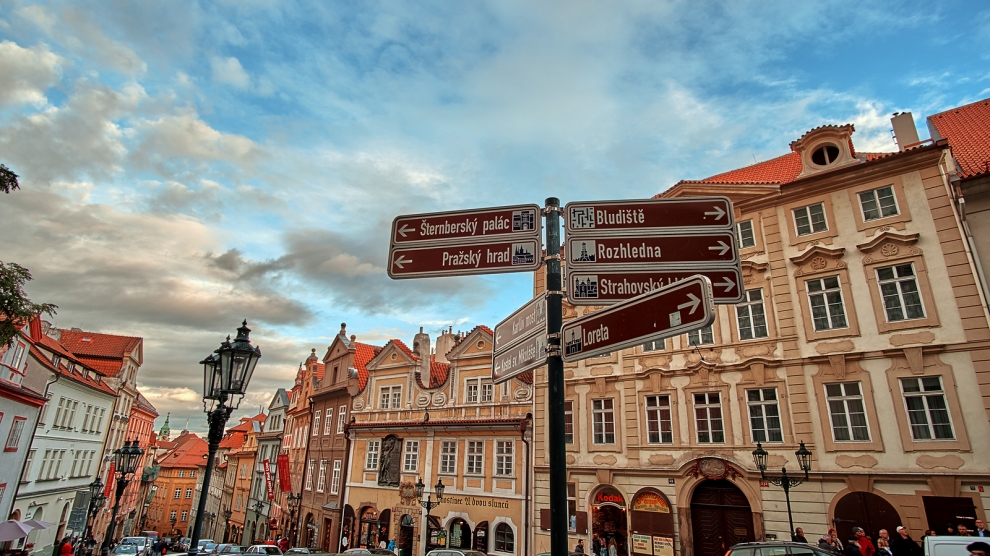Residents of Prague’s central district have launched a petition prevent the further spread of Airbnb properties in the heart of the city. Amongst much else, residents of the Czech Republic capital’s old town complain of noise, and damage to historic buildings.
“We have a feeling of total despair,” said Ivan Solil, a district councilor responsible for security, crime prevention and public order. “In our homes there are hundreds of drunk people who not only disturb the peace but are a source of potential danger. The council has no legal means of dealing with the problem as only parliament can change the law. That’s why people from Prague I have decided start a petition.”
There are currently thought to be between 3,500 and 5,000 central Prague apartments listed on shared accommodation websites including Airbnb. More than 1.79 million people stayed in such apartments in 2017, up to 61 per cent compared to 2016.
“Airbnb has agreed to pay city fees,” says Mr Solil. “It is a lot money but it does not help us. Even if we eventually agreed on a limited number of nights per year apartments can be rented, as happens in Amsterdam or London, shared accommodation offers simply will appear on other platforms and we will be back at the beginning.”
Throughout central Prague there are lots of buildings where only one or two original tenants remain, which leads to the depopulation of the whole district. In fact, other than limiting the number of nights, the city council intends to give each district the authority to regulate shared accommodation, including being able to ban it in certain areas and in certain types of properties.
To have more control on the financial status of those flats, the Czech Republic’s tax collection agency has recently compiled a list of people renting out property through Airbnb and started looking into whether they are meeting their obligations. The tax authority plans to impose penalties of up to 40 per cent on those who do not. Meanwhile, Prague city council can also charge Airbnb hosts a penalty of up to 500,000 crowns for falling to register for local taxes.
But paying taxes is not the only concern, and it is not only Czech citizens who are complaining. According to the Association of Hotels and Restaurants (AHRCR), the occupancy rate of Prague hotels fell by 4.4 per cent in annual terms in 2017 and the boom in shared accommodation services, in particular Airbnb, is behind the fall.
“The problem is not only the question of whether these services are properly taxed, but also the gradual decline of the permanent residents of the center of Prague, which is gradually turning into one big hotel without clear rules of business, customer protection, but also protection of local people,” said the AHRCR in a statement.
The Czech Economic Research Institute (CETA) recently published a study about the residential housing market in Prague, pointing at bureaucratic hurdles and high demand as the only factors responsible for the current low availability of housing in the capital. Airbnb is not to blame.
“A limited supply of houses and tightening conditions for mortgage loans have changed the situation and consumers are forced to rent houses in locations they can afford, which do not always coincide with those they want to live in,” commented analyst Pavel Peterka.






… [Trackback]
[…] Read More: emerging-europe.com/news/central-prague-does-battle-with-airbnb/ […]
… [Trackback]
[…] Find More on|Find More|Find More Informations here|Here you can find 15070 additional Informations|Infos to that Topic: emerging-europe.com/news/central-prague-does-battle-with-airbnb/ […]